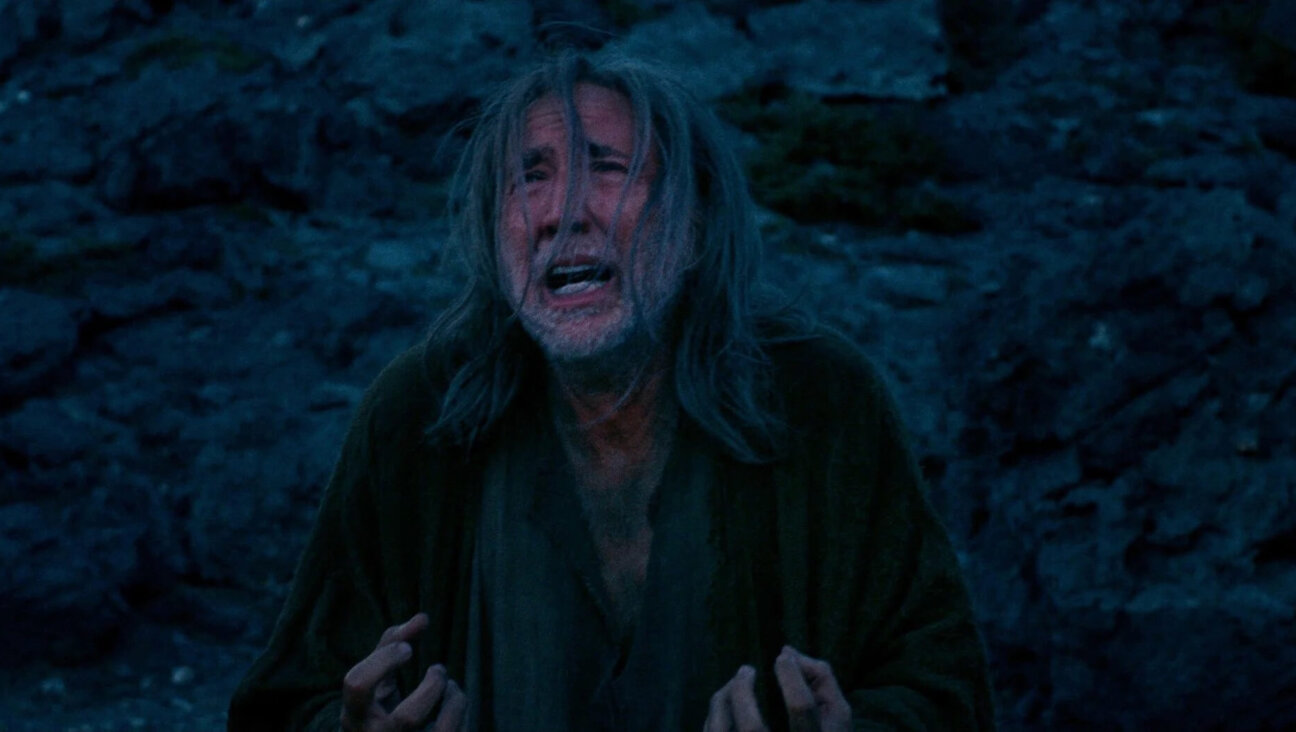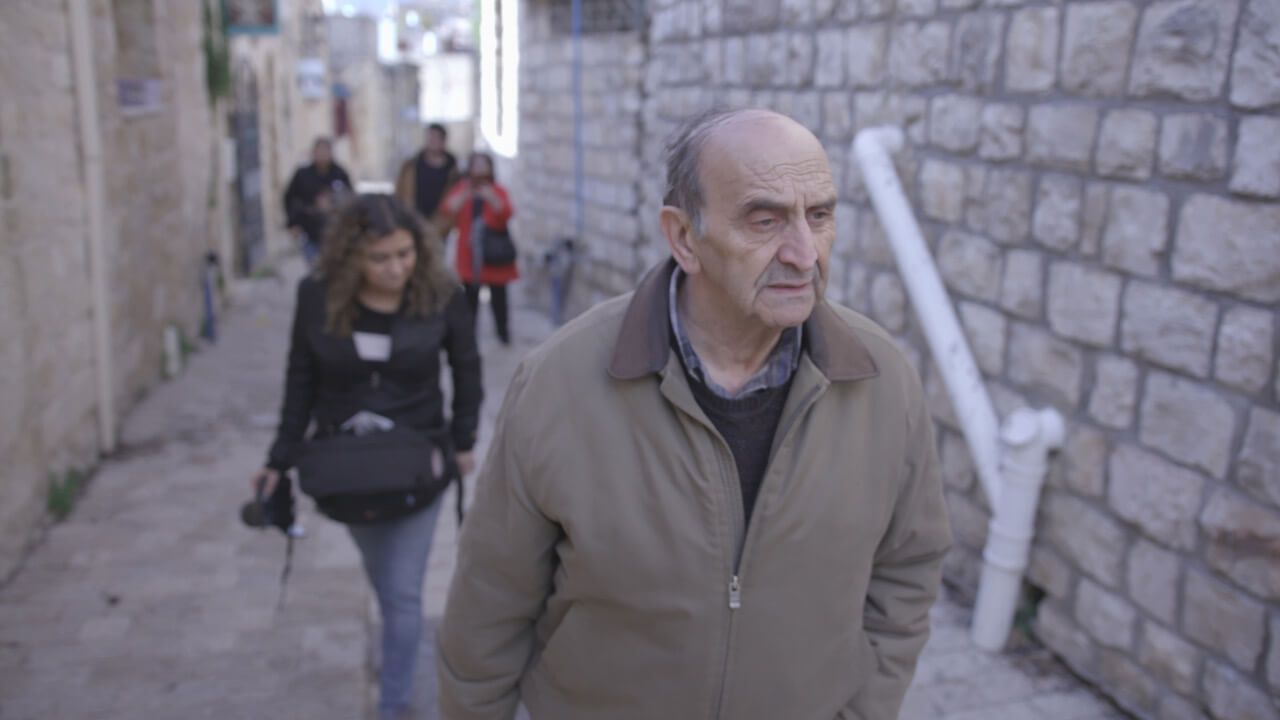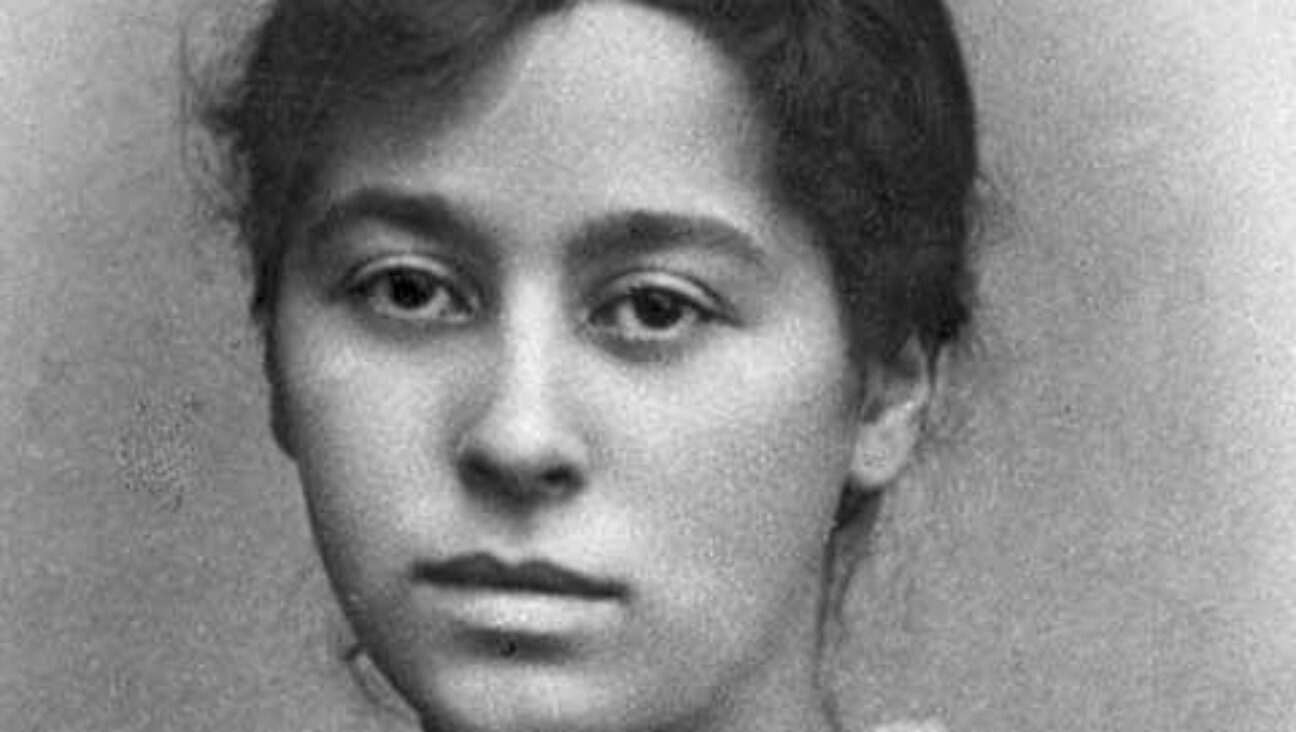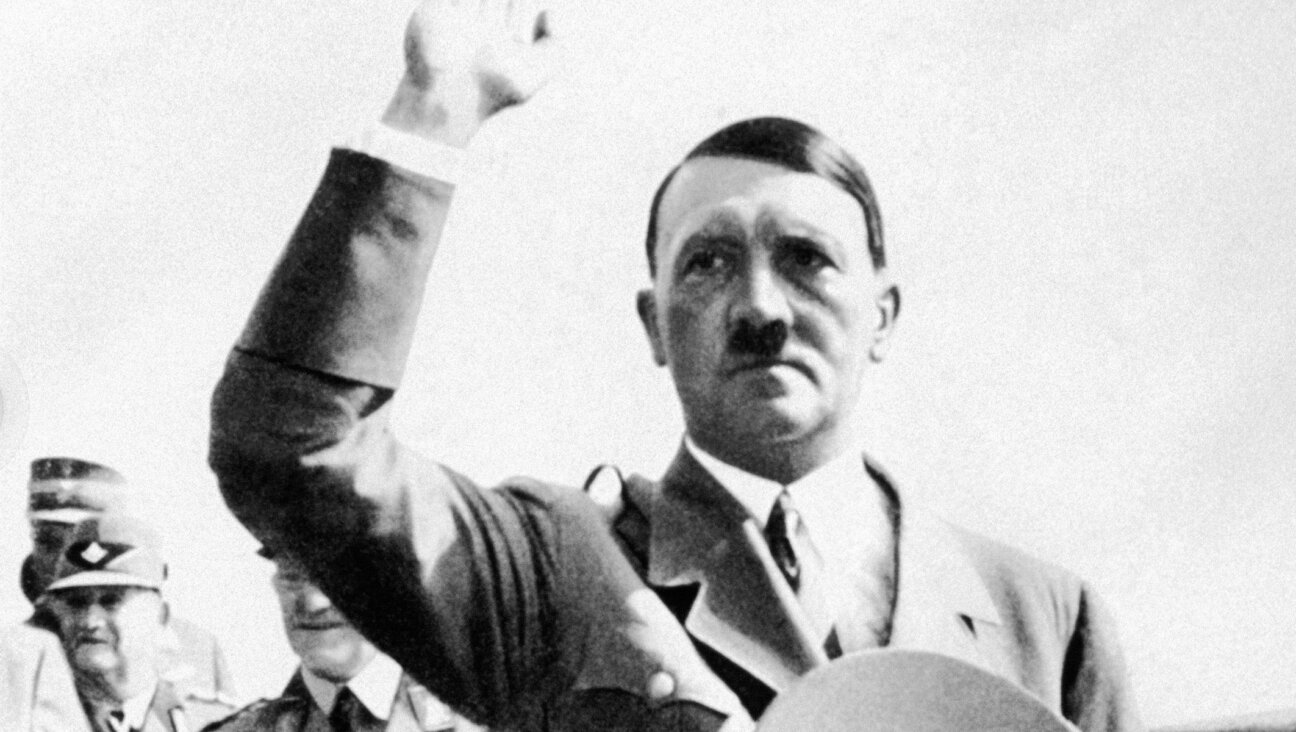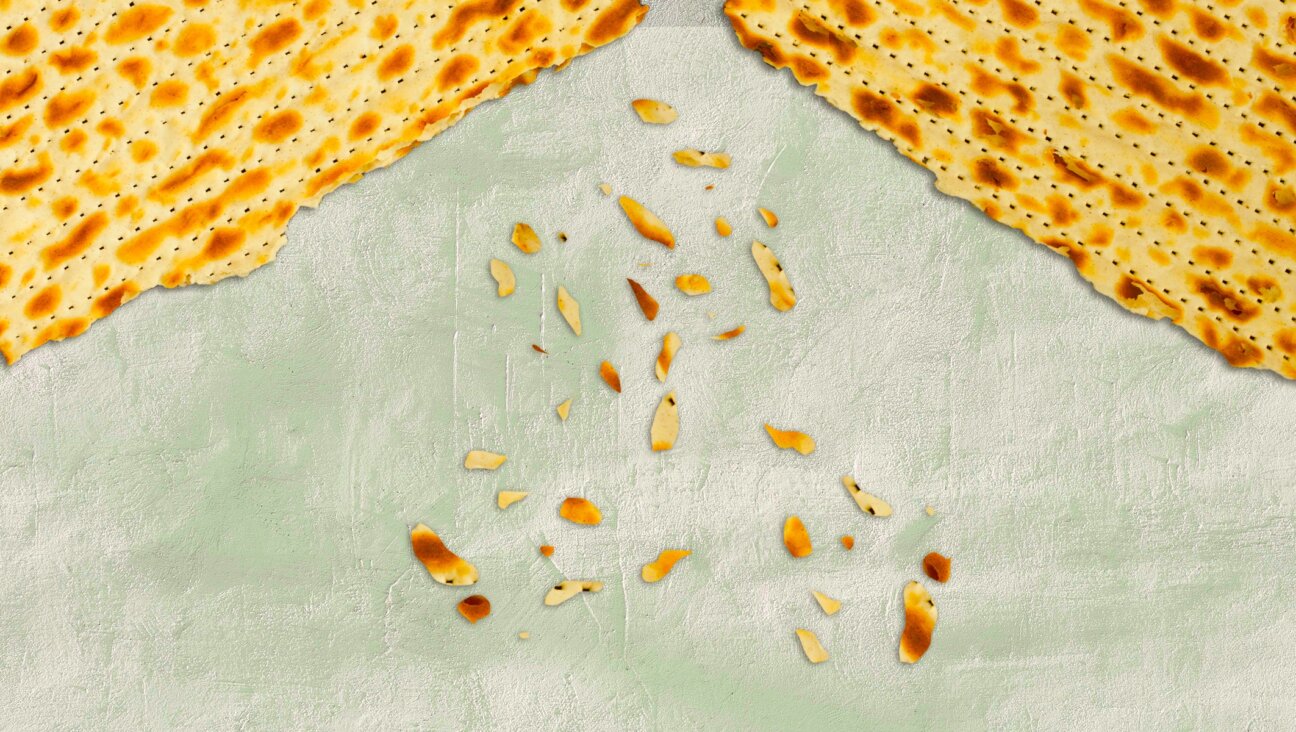The Secret Jewish History of ‘The Little Prince’
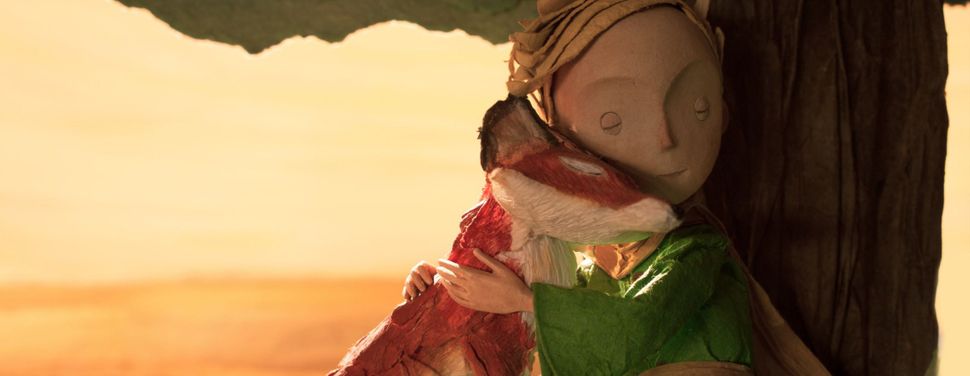
Image by Netflix
As a longtime fan of Antoine de Saint-Exupéry’s book “The Little Prince,” I was thrilled to learn, late last year, of a forthcoming animated film version — and crushed when Paramount abruptly canceled its U.S. release this past March. My spirits soared anew when Netflix announced that it was stepping in; the film, directed by Mark Osborne (of “Kung Fu Panda” fame), was released on August 5.
The first time I watched a trailer for this movie, I discovered that the old tale would be embedded in a new frame: A young character created for the screen, “The Little Girl,” would experience the original story as shared with her by the book’s (now aged) Aviator.
And I discovered something else.
I learned that this Little Girl would be a pupil at a desirable school named “Werth Academie.” After a bit more digging online, I found an earlier French-language trailer in which I noticed the name “Werth” emblazoned on The Little Girl’s uniform.
This is clearly an homage to Léon Werth, the French Jewish author who was a close friend of Saint-Exupéry’s — and the same “Léon Werth” to whom the author had dedicated the now-classic book, first published in 1943. On the dedication page, in fact, Saint-Exupéry had offered a lengthy explanation for his choice.
Begging the pardon of child readers for having dedicated the book to a grown-up, Saint-Exupéry explained that “this grown-up is the best friend that I have in the world.” Moreover, this grown-up, Werth, was living in France, where he was cold and hungry and “in need of consolation.” (Still, at the passage’s end, Saint-Exupéry revised the official dedication from “To Léon Werth” to “To Léon Werth, when he was a little boy.”)
Asked in a January interview about the decision to name the fictional school after Werth, Osborne responded: “As I understand it, Leon Werth was a dear friend of Saint-Exupéry’s and like him he was a very depressed man because of the state of the world. Unlike Saint-Exupéry, he was stuck in France during the occupation in WWII, and he was cold, alone and hungry. This dedication was an attempt to remind him that hope was not lost. I also think this dedication is the strongest clue that the book is written to both grown-ups and the children inside us that might very well be forgotten. The idea to name the school after him was both a nod to this aspect of the book [and] a clever pun, since Werth sounds like ‘worth,’ and this is something of high value to the grown-up world where our story takes place.” Werth’s name reappeared briefly last year, when independent publisher Melville House released an English-language translation of his short book “33 Days.” That text chronicles Werth’s flight from German-occupied Paris in 1940; his friend Saint-Exupéry sought to have it published — unsuccessfully — at the time. That book features an introduction written by none other than Saint-Exupéry himself.
But, as we fans of this story of love and friendship know so well, “it is only with the heart that one can see rightly; what is essential is invisible to the eye.” Including, of course, the love we feel for our best friends in the world.
Erika Dreifus is the author of “Quiet Americans” (Last Light Studio, 2011)

